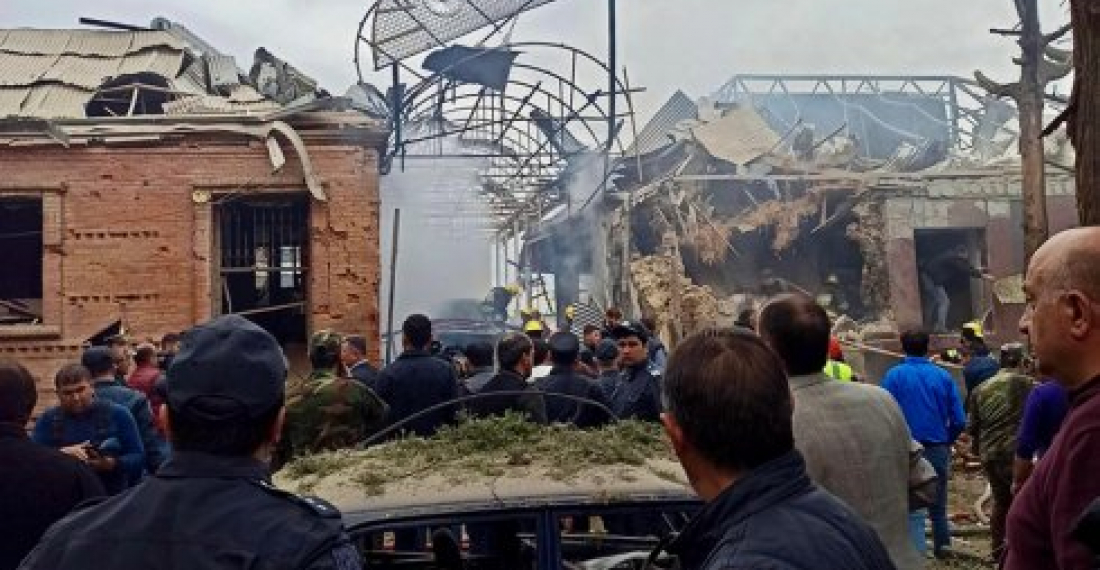The conflict between Armenians and Azerbaijanis over Nagorno-Karabakh took a turn for the worse on Sunday with serious consequences for civilians from both sides. Large towns and cities like Stepanakert and Ganca came under missile attack or aerial bombardment, causing civilian casulaties. There are reports of other attacks on Azerbaijani cities well away from the conflict zone.
This development helped to remind everybody how different this conflict is from the last full war in the region, which was mainly fought with kalashnikov guns and old Soviet tanks. The billions of dollars worth of weapons that has been sold or given to both sides in the conflict, mainly by Russia, but by others too, is now showing its real purpose. These weapons did not help establish strategic parity between the sides, as some Russian officials often claimed, but are now destroying the peace of the civilian population on both sides.
On Sunday, we were also reminded by the escalation, that this conflict has far from from exhausted itself. Both sides have the potential to escalate dramatically, and the means to do so. The situation may indeed get worse, before it starts getting better.
Both sides claim that they are taking care not to to target civilians. Targeting civilians is a war crime. The increasing number of civilian casualties on both sides means that they are either not taking care enough, or are not indeed concerned. This is a serious matter which the world must watch carefully.
This week we expect to see an intensification of efforts to bring the sides back to negotiations. A simple cease fire will do little to help the process, and may indeed not be acceptable to one or both of the sides. In their defiant speeches over the weekend the Armenian and Azerbaijani leaders showed little appetite for compromise. But compromise they must, for otherwise they will throw their nations not into heavinly glory as they promise, but to the depths of hell. The international community must now also get its act together to decide on a strategy on how to stop the fighting and what comes after. This conflict must be resolved. But first the fighting must stop, the wounds healed, and the dialogue restarted. This will be an uphill task and only a united international community will be able to help achieve it.
source: commonspace.eu
phtoo: A city miles away from the conflict zone was bombed on Sunday, with the civilianbs bearing a heavy brunt







